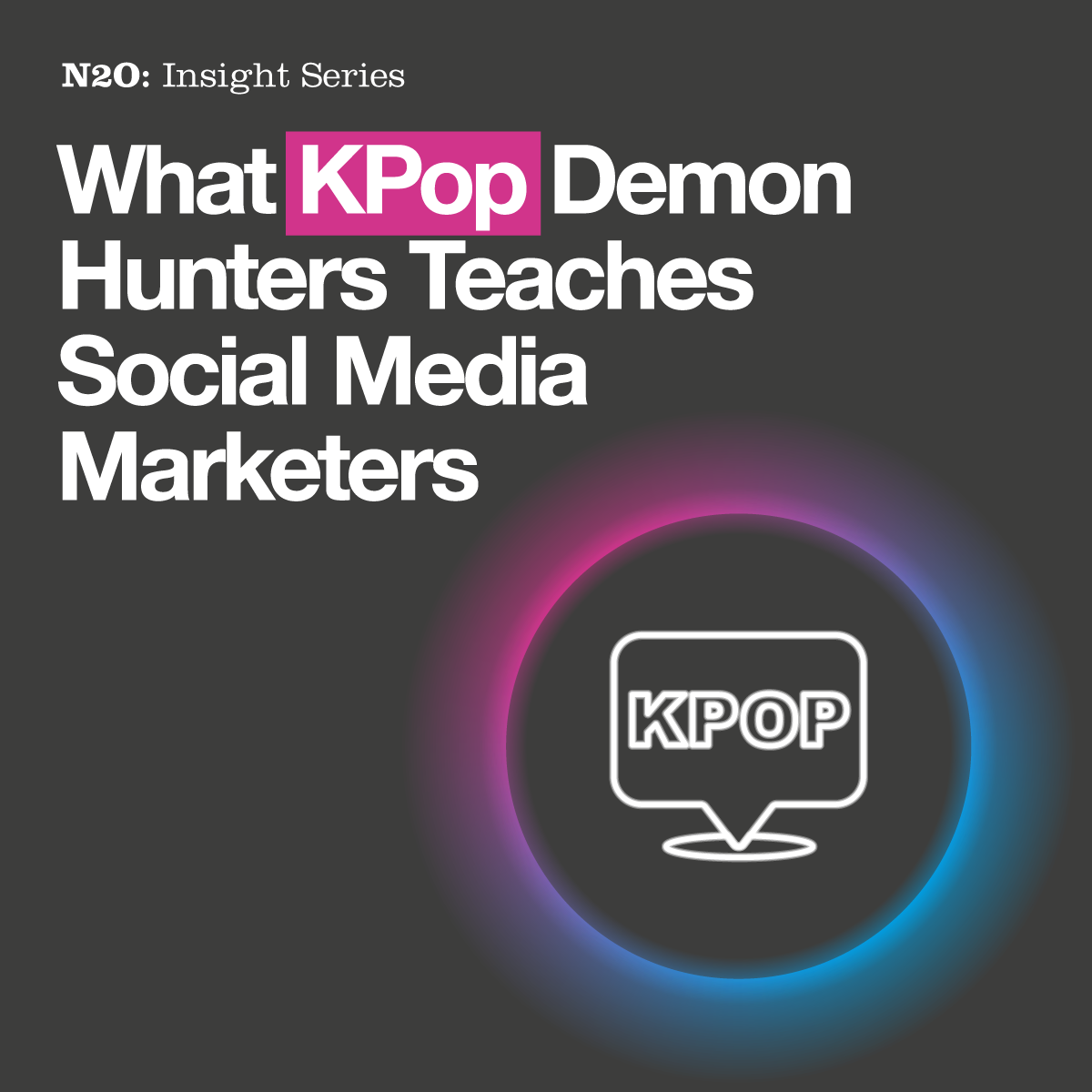Christmas is coming: What you should know to market to Gen Alpha
Do you know how to market to generation Alpha?
Generation Alpha – those born after 2010 – have millennial parents, and more spending power behind them than any other generation before. Yes, they are children, but they have a huge influence on their parental purchases. Christmas 2021 and beyond is all about utilising the close relationships they have to deploy high levels Pester Power.
Every week, 2.5 million Gen Alpha members are born worldwide*. They are digital inhabitants growing up in a world of high-speed tech where communicating and streaming is fast and responsive. Brands need to identify with this and look to provide ideas, products and services in an accessible way to connect immediately with this group. Traditional forms of marketing won’t work, instead marketing needs to be increasing interested in personalisation and humanised branding and messaging.
Understanding what influences Gen Alpha
1. Instagram Parent power:
The consumer identity of Gen Alpha is shaped through the toys, clothes, gadgets etc., purchased for them by their parents and relatives; and whilst they may currently be too young to be completely drawn into social media marketing, brands are turning to their parents to develop this new wave of buyers. Gen Alpha parents shun more traditional marketing methods and are more tuned in than ever on what their children want. Consumer-making decisions are influenced by online platforms such as Instagram which has an aesthetic influence on what parents may buy.
2. Digital Lives:
This racially diverse, influential group will be the most technologically advanced generation ever, growing up with mobiles, social media, robotics and AI to name just a few things they will take for granted in their everyday lives. They expect accessibility through apps, and for services to be customisable where possible. Their desire for faster and accurate access for information and technology is already fuelling the demand for 5G.
Those already born will have experienced online home-schooling during the COVID-19 pandemic lockdown, and are at the very least aware of, if not already sharpening their online consuming habits. Social media e-commerce as well as direct-to-consumer brands infiltrate every sector of this generation.
3. New World Communities:
Alphas are growing up in a world of change and they use their online networks for information and guidance, particularly when it comes to buying decisions. They are exposed to diversity both online and in real life, and their awareness of the real world is reflected in how they communicate on digital platforms.
Alphas are very astute and despite feeling more comfortable talking online, they don’t suffer fools gladly and are drawn in by having new worlds to explore where they can flex their creative muscles with friends. They want products that intuitively know what they want and need and that will interact with them in ways that focus on individuality, rather than as part of a homogenous group.
4. Family Decision Maker:
Gen Alpha may be young, but their ideas and opinions are key at influencing family decisions. Watching television these days is often a family affair, swayed by their choices on what to watch which may well be more meaningful, socially-driven content. They also play an active role in family travel inspiration and planning, driving the decision-making for the entire family.** Marketers need to connect with the types of programmes this generation watch in order to be successful in resonating with this generation.
5. Online Gaming:
These communities shape the Alphas culture and sense of society. 73% of kids aged 8-11 play video games most days.^ Gaming is a huge part of many kids’ daily routines. These interactive virtual worlds are places where they can connect, learn and get creative (46% of 8-11 year-olds like to talk to their friends online whilst they play^^) – not to mention growth in their confidence using in-game currencies.
6. Digital Socialisation:
Because they can immediately interact with their friends, they also depend on their opinions to make their decisions. Gen Alpha are less influenced by celebrities and over-saturated influencers, and more by micro-influencer campaigns where expertise and specialist knowledge is at the fore.
They use social media differently to their parents – they favour TikTok, Snapchat and Instagram over Facebook and Twitter. Brands need to be alert to new platforms to enjoy success appealing to this generation.
Are you ready?
Gen Alpha is growing exponentially – the demographics, diversity and advanced technology will impact your marketing strategy. This is a group that is well-educated and socially conscious. They are digital inhabitants navigating an exciting world of innovative opportunities. In addition, their purchasing influence is already affecting their parent’s buying decisions now.
Get in touch with us today to find out more about running a campaign to target Gen Alpha in your marketing mix in the run up to Christmas.
* The Annie Casey Foundation2020 (https://www.aecf.org/blog/what-is-generation-alpha)
** Expedia Group MediaSolutions: Gen Alpha and Family Travel Trends report (https://info.advertising.expedia.com/family-travel-trends-generation-alpha?AID=10581071&PID=2178999&SID=4020149710&URL=https%3A%2F%2Finfo.advertising.expedia.com%2Ffamily-travel-trends-generation-alpha&affcid=network.cj.2178999.10581071.4020149710&cjevent=eb9bc44782db11e98309005f0a18050d)
^Kids these days: GWI 2021
^^Kids these days: GWI 2021





.png)
.png)



















































































.jpg)









.png)


















